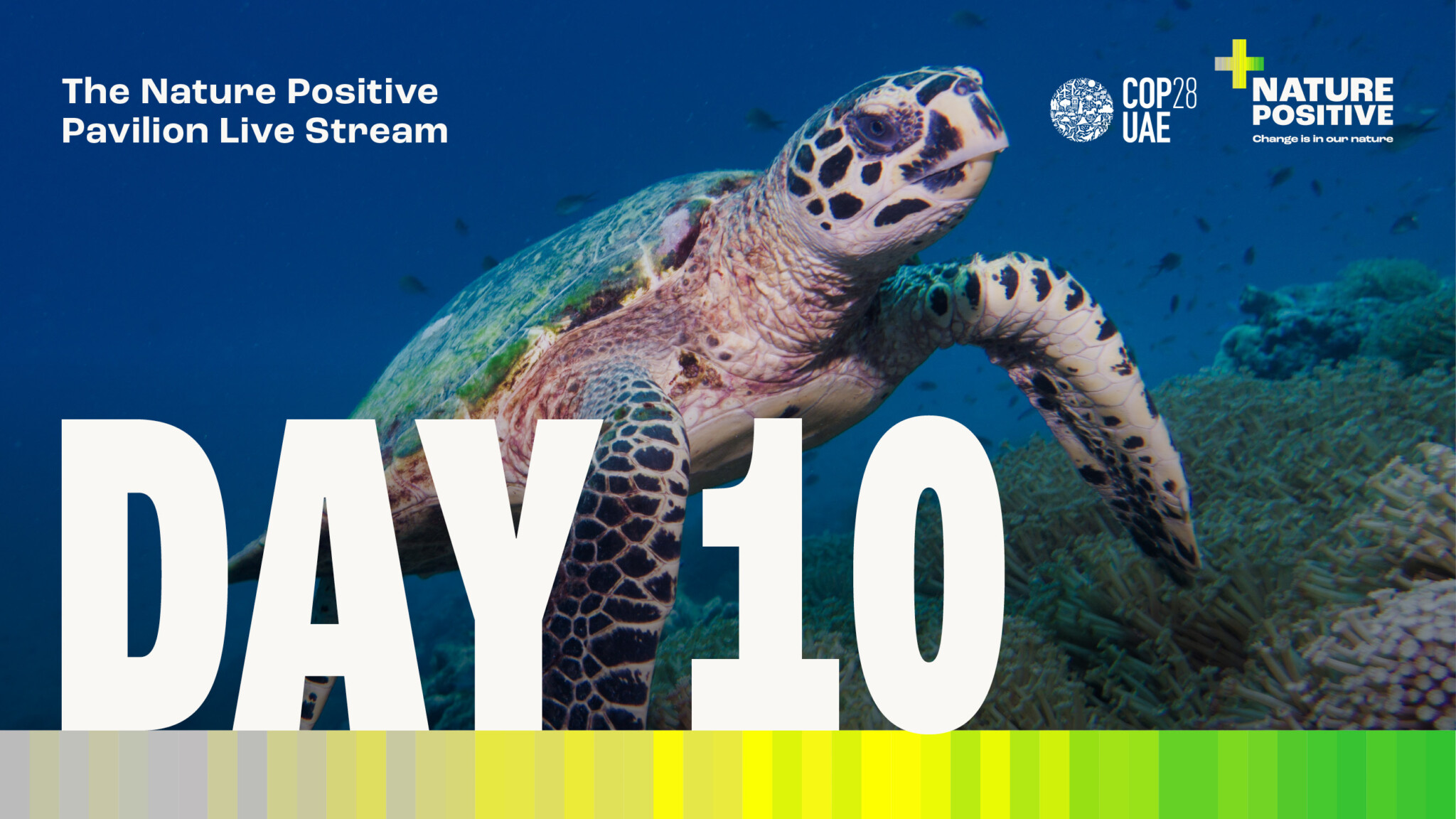
Welcome to the COP endgame. The “trade show” is starting to wind down, with fewer people scrambling across Expo City to side events and an intense focus now on the negotiations. With the final package slowly coming together – and new text is expected this morning – the UAE Presidency convened a Majlis (which can mean a sitting room or a council in many Islamic countries) yesterday afternoon to promote compromise amid considerable divergence that remains related to the interlinkages between adaptation, finance and mitigation, with equity as a common theme. Expect developments to unfold rapidly in the period ahead.
On the Article 6 front, a range of elements have been removed from the text, including around guaranteeing minimum standards of transparency and accountability, no limit to confidentiality, no consequences to inconsistencies, no sequencing, no definitions, and allowing unrestricted changes to authorisations. This represents a battle between those Parties – led by the US – that are seeking a light touch, no frills approach, allowing countries more flexibility in terms of how they cooperate, and those Parties – led by the EU – that are seeking tighter controls to ensure that credits traded between countries actually reduce emissions without causing other environmental or social issues.
Outside the negotiations, it was Food, Agriculture and Water Day, addressing global food systems and promoting water security to keep 1.5°C within reach. Joao Campari, Global Food Practice Leader, WWF summed it up nicely: “Food systems transformation has certainly been a core agenda item at COP28. What started as a few voices on the margins of COPs just a couple of years ago has crescendoed to a summit-wide day of pledges and announcements.” Indeed, more than 200 events took place examining the shift to sustainable, just, resilient, net-zero-aligned and nature-positive food systems; the need to scale up finance for smallholder farmers and other frontline communities; and the importance of addressing food systems, biodiversity, climate and health in a holistic manner.
The launch of the Alliance of Champions for Food Systems Transformation, as well as the FAO Roadmap, covered below, stood out as particularly significant breakthroughs. Although, addressing the latter, many commentators, while welcoming the progress, pointed out that the Roadmap fell short of what is needed in terms of ambition to halt and reverse forest loss, as well as in acknowledging the need for meat consumption to be significantly reduced in the developed world. And jumping back into the negotiations, although ‘agriculture’ and ‘food’ have appeared in the Global Stocktake text, the language is still far from being ambitious enough, and it is insufficient to elevate food systems transformation as a key lever for climate mitigation and adaptation.
We’ve recapped key announcements below.
COP28 Daily Wrap-up – December 10
|
|
***